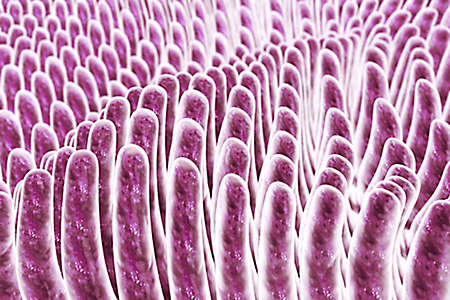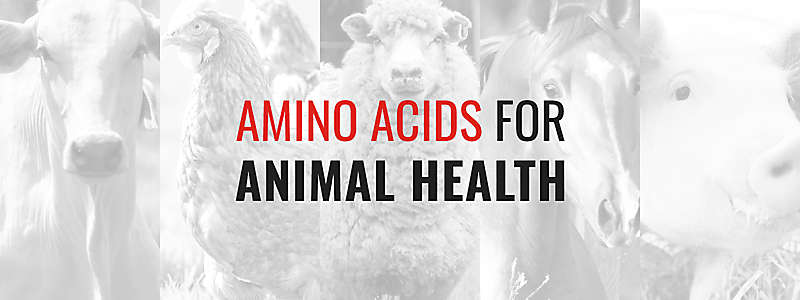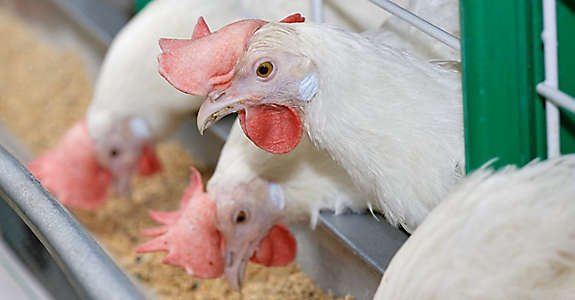The EU has recently denied the authorisation of formaldehyde in feed additives, and it may have an impact on the industry as many countries in Asia-Pacific (including Thailand and Vietnam) export products to the region. In this regard, eFeedLink speaks with members of the Kemin Asia Pacific team to understand more about the solutions and expertise that the company offers in response to this issue.
eFeedLink: Has the denial of authorisation of formaldehyde in feed additives by the EU impacted local regulators’ views towards formaldehyde?
Kemin: Europe has denied the authorisation of formaldehyde as a feed additive mainly due to concerns towards worker safety.
In APAC, some markets including Taiwan, Japan, and South Korea have already stopped the use of formaldehyde as a feed additive. While local regulators will reference EU denial of formaldehyde as a feed additive, the continued use of formaldehyde will depend on individual countries’ views towards pros and cons of its use.
eFL: What solutions can Kemin offer to feed millers and livestock producers to address Salmonella control?
K: Kemin applies the ‘multiple hurdle’ approach to Salmonella control, i.e., placing multiple hurdles in the way of Salmonella. Kemin’s Global Food Safety Initiative (FSi) involves interventions at various levels of livestock production, and then at various points within each level.
- This begins with feed ingredients, for example, animal and vegetable protein meals, with Kemin solutions applied at oilseed crushing plants where oils and meals are produced, and at rendering plants where offals from processed animals are converted to animal protein meals.
- The programme continues through to the feed mill where the aims are to prevent Salmonella contamination from entering the mill, reduce multiplication within the mill environment, and have procedures in place to kill the bacteria. Kemin’s FSi programme, therefore, includes hygiene of the mill’s storage facilities, the milling process, final feed, and feed transport vehicles.
- Kemin solutions also extend to the farm with interventions in drinking water and the animal population itself.
eFL: Is a switch from formaldehyde to nonformaldehyde-based solution necessary?
K: It is well recognised that formaldehyde is highly effective at controlling Salmonella in feed ingredients and finished feed, and so, products containing formaldehyde will optimise cost-effective Salmonella control.
Kemin offers a complete range of Salmonella inhibitor products including powdered and liquid formulations, as well as products that contain formaldehyde and products that do not contain formaldehyde.
For feed ingredient suppliers and feed mills wanting to use formaldehyde, Kemin offers a properly conducted support and service package to ensure the products are used safely and effectively. This includes extensive monitoring of formaldehyde in the working environment, as well as advice, support, and service in ensuring that Salmonella control is being achieved.
For customers not wanting to use formaldehyde, Kemin offers alternative solutions that contain organic acids and their salts, as well as effective surface-activeagents, under our Sal CURB™ range. For our liquid range of Sal CURB™ products, Kemin will also supply and install applicators required for accurate dosing which is critical to efficacy.
eFL: What alternatives to formaldehyde does Kemin have, and how do they compare with the feed additive?
K: Kemin has launched non-formaldehydebased solutions proven to be efficacious against Salmonella over a long period of time. These include Sal CURB™ K2 Dry, and Sal CURB™ K2 Liquid, that utilise combinations of organic acids, their salts, and surfactants. These alternatives will require a higher dosage to achieve similar efficacy. As such, non-formaldehyde based solutions cannot be cost-comparable to that of formaldehyde.
eFL: For Asia-Pacific, what is your view of the future use of formaldehyde in animal feed applications? Should the region follow the EU path?
K: Formaldehyde remains superior in efficacy and is the most cost-effective solution to control pathogens in feed ingredients and feed, and so optimises overall feed hygiene and feed safety. The European Union has denied the authorisation of formaldehyde as a feed additive. However, the use of formaldehyde to decontaminate feed mill environments remains unaffected, being regulated under EU’s Biocidal Products Regulation.
In the United States, formaldehyde is still approved under the American Feed Industry Association (AFIA) but with adequate hazard control measures for workers. Formaldehyde is also still being used in other industries in the EU and US. It is very important to manage formaldehyde correctly for both efficacy and safety. More stringent regulations may be put in place with the use of formaldehyde in feed in the future.



